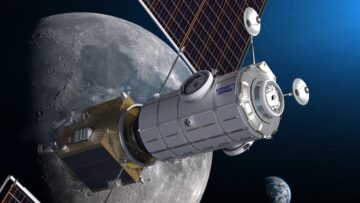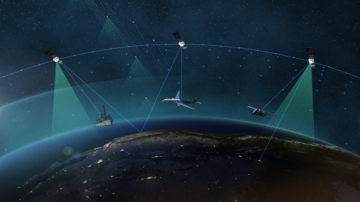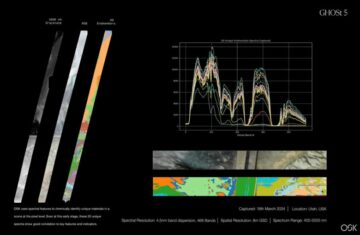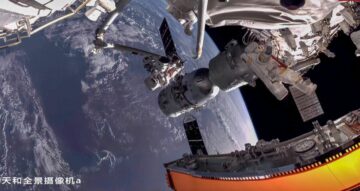
SEOUL, South Korea — South Korea’s first domestically built rocket reached its intended altitude Oct. 21, but its third-stage engine shut down about 50 seconds early, releasing its 1,500-kilogram dummy payload at less than orbital speed.
The dummy payload is expected to fall back to Earth south of Australia, but the Korean Aerospace Research Institute did not immediately provide a timeline for the reentry.
“The flight of Nuri was completed. I’m very proud of this. Regrettably, it didn’t reach the goal it aimed at,” President Moon Jae-in announced at Naro Space Center in Goheung, where the kerosene-fueled, three-stage KSLV-2, also known as Nuri, lifted off at 4 a.m. Eastern, carrying a 1.5-ton dummy payload. “Shooting a rocket to the height of 700 kilometers itself is a great achievement. We are one step closer to outer space.”
The announcement was made one hour and twenty minutes after the launch. “Everything from liftoff to payload deployment unfolded smoothly. All happened with our own technologies,” Moon said. “But putting a payload on an intended orbit has remained as a mission unaccomplished.”
Expressing gratitude to all the staff who contributed to the rocket’s development, the president said, “If we fix shortcomings discovered today, we will be able to make a second launch slated for May next year a success.”
The deployment failure was due to shorter than expected burning of the rocket’s third-stage’s engine. “The third stage’s engine was supposed to burn for 521 seconds, but it stopped burning at 475 seconds,” said Minister of Science and ICT Lim Hye-sook. “Because of this the payload failed to fly at the required minimum speed of 7.5 kilometers per second when it was deployed 700 kilometers high.” The minister said an investigation will be launched to figure out what caused the malfunction.








